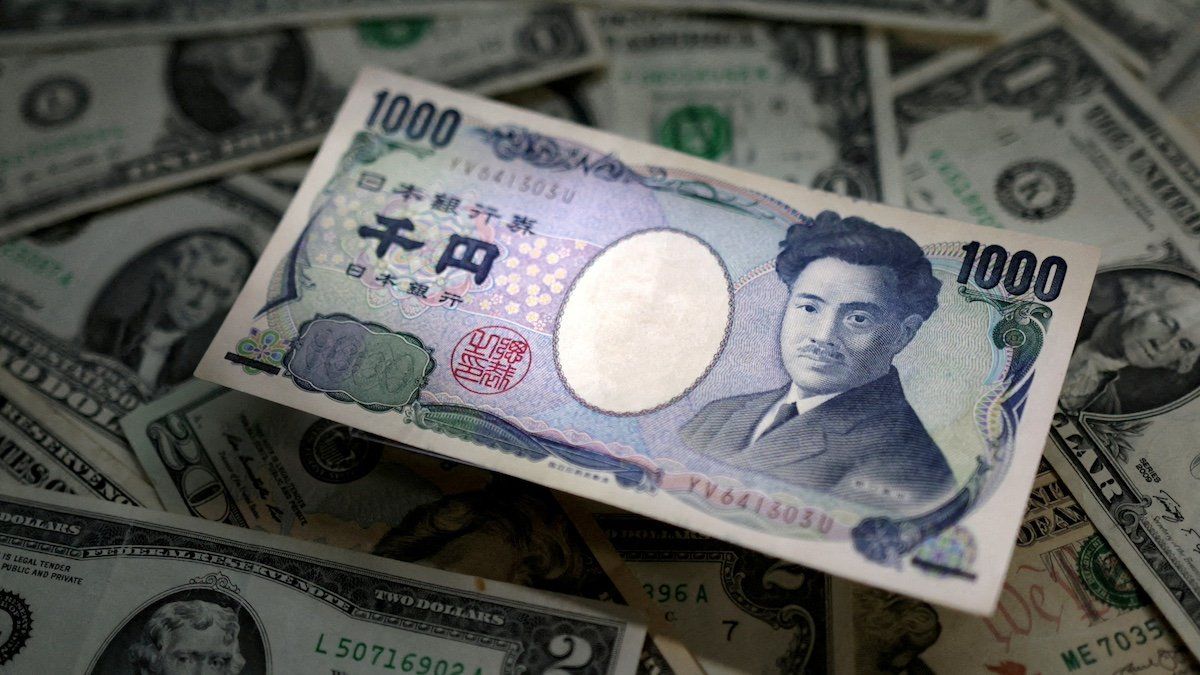Japan’s currency slipped to 160 yen to the dollar on Monday, its lowest rate since 1990, triggering a government intervention and threatening Prime Minister Fumio Kishida’s position.
Voters are frustrated by Japan’s high cost of living, but a change in leadership is unlikely to alleviate the pain. The heavily populated island has few fossil fuel reserves, and it must import food and energy from abroad. That means when the yen weakens, ordinary folks see their bills shoot up.
The government employed a short-term fix: selling dollar reserves and buying yen to boost it. But Eurasia Group analyst David Boling says there’s not much to be done about the root of the problem.
“The yen’s weakness is being driven by the interest rate differential between the US, which has high interest rates and high bond yields, and Japan, which is very low,” he says. “Money is moving out of Japan to capture those higher yields.”
It might be another nail in the coffin for the PM, who could be replaced at the Liberal Democratic Party’s leadership conference this September.
“Japan has to have a lower house election by October 2025, and so the members of the LDP will be thinking about electing a leader who can take them through a national contest,” says Boling.
